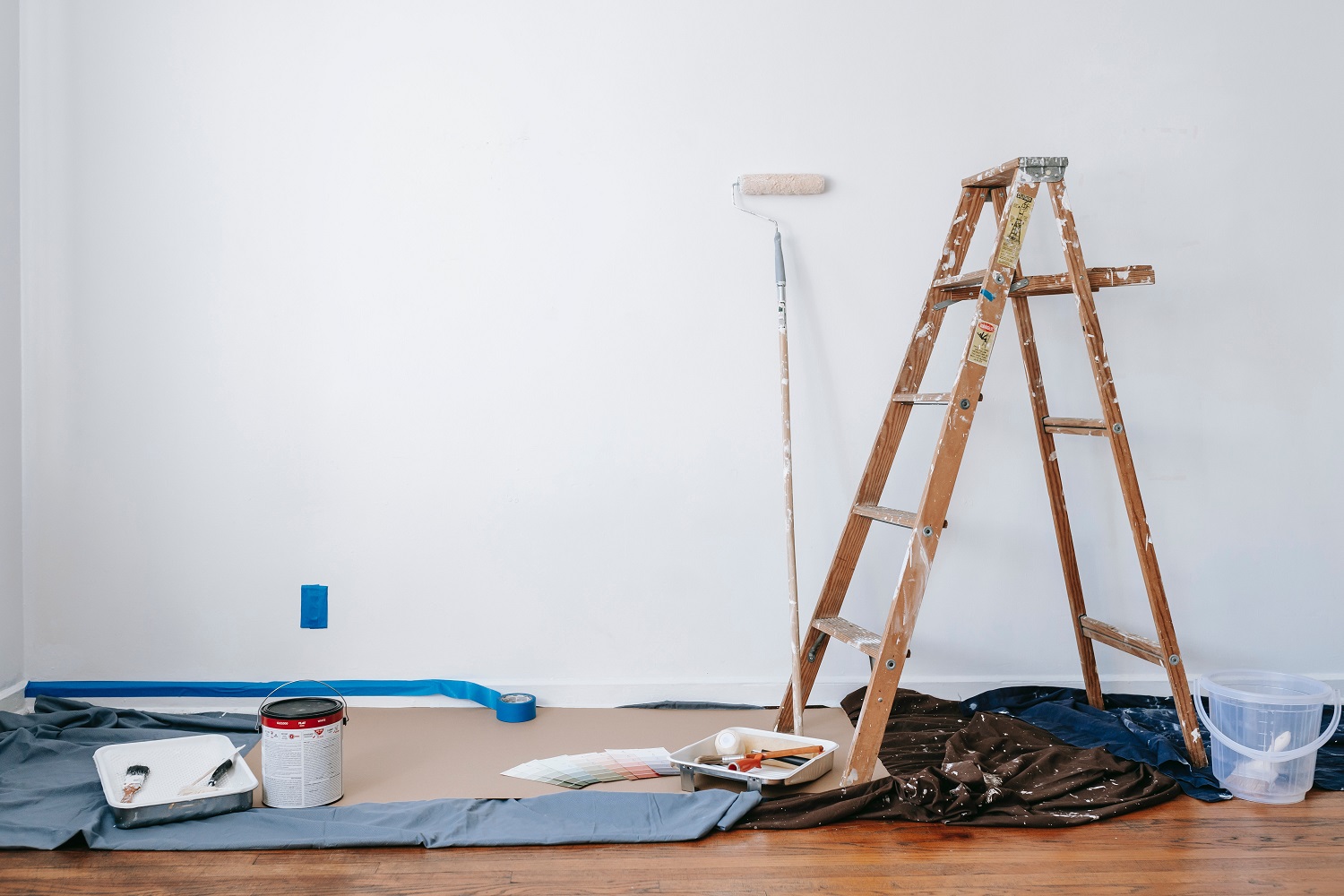Do I Qualify for First-Time Buyer Status?

Do I Qualify for First-Time Buyer Status?
Working out whether or not you are a first time buyer may seem obvious - but there are plenty of scenarios where your position isn't clear!
Examples might include:
- New buyers who have inherited a property they rent out.
- Buy-to-let investors that have never purchased a residential home.
- Expatriate residents buying a UK house that have owned property overseas.
Knowing whether or not you are eligible to claim first-time buyer status can make a considerable difference to the costs of buying a home.
Stamp Duty rates are levied as a tax against the value of every UK home purchase with a different exemption for first-time buyers, meaning you can buy a property of up to £300,000 with zero taxation charge.
First-Time Buyer Stamp Duty Rules
Residential properties are liable for Stamp Duty rates as follows:
- 0% on purchases up to £125,000.
- 2% on the value between £125,001 and £250,000.
- 5% on the cost from there and up to £925,000.
- 10% against the next portion up to £1.5 million.
- 12% on values above £1.5 million.
If you buy a property worth, say, £600,000, that means your buying costs need to include an additional £20,000 (0% x £125,000 + 2% x £125,000 + 5% x £350,000).
First-time buyers have an exemption on initial property purchases up to £300,000. The duty payable is calculated as 5% on the balance from £300,001 to £500,000.
Therefore, in this scenario, your tax liability would drop considerably to £15,000.
Houses bought for less than £300,000 carry no tax charge at all.
How Does the UK Government Define a First-Time Buyer?
The phrase first-time buyer may be slightly misleading because, as we saw earlier, you can come into property ownership in multiple ways and might own a home through inheritance, for example, without ever having made a purchase.
Somebody claiming first-time buyer status to take advantage of the higher Stamp Duty exemptions must be someone purchasing a house or flat without having previously owned a property.
They must not have a property to sell to finance the new acquisition, including assets inherited that they could use to pay for the deposit or as a collateral mortgage asset.
Therefore, many first-time buyers may fall outside of this bracket and be liable for the normal tax rates, even if they haven't necessarily bought property before.
The government rules are very strict and consider you ineligible for first-time buyer perks if you have ever owned a home through any scenario.
Expats are included, so if you've owned a home in any country, had joint ownership, or shared ownership with a housing association, you do not qualify.
Properties eligible for first-time buyer exemptions must be:
- Used as a main residence by the applicant.
- Lived in, rather than a second home or rental investment.
There are some unethical practises around trying to circumvent the rules. They include buying in a married name rather than a maiden name or even changing the name on the application via deed poll.
However, the revenue will often flag anything untoward and track down previous legal names. Any unpaid Stamp Duty will become immediately liable, with the potential for interest, penalties and even prosecution for deliberate tax avoidance.
Changes to First-Time Buyer Stamp Duty Between 2020 and 2021
During the pandemic, the government introduced temporary Stamp Duty holidays from July 2020 to help boost the property market that had taken a considerable slump.
Purchases completed before 1st July 2021 were exempt up to £500,000.
While the treasury didn't extend first-time buyer exemptions, the short-term policy meant that they could effectively qualify for Stamp Duty exemption up to £500,000 rather than the usual £300,000.
The rates gradually increased back to the regular percentages. Between 1st July and 30th September 2021, Stamp Duty was exempt on any purchase, by anybody, up to £250,000.
In October 2021, the rates reverted, so the general exemption applies only up to £125,000 unless you are a genuine first-time buyer.
How to Budget for Stamp Duty as a First-Time Buyer
Stamp Duty can be a big factor in your property purchase budget, particularly if you're buying a home in higher-value areas such as London or the southeast.
It is difficult enough to save a deposit of at least 5% to 10% to get onto the property ladder, so adding a few more thousand pounds to your budget can be challenging.
Many first-time buyers opt to include the Stamp Duty liability in their mortgage application value. Although you will pay interest on the borrowed amount, mortgage interest rates are greatly lower than any short-term borrowing such as a loan.
You may also secure far more favourable rates by applying for a slightly higher mortgage to include the Stamp Duty, but with a stronger deposit to put down upfront.
For more advice about first-time buyer Stamp Duty and the various ways to manage the cost within your mortgage planning, please get in touch with Revolution Finance Brokers.
Our experienced team is available on 0330 304 3040 or via email at [email protected] to support you through the process from start to finish.
Related Posts
Ask the Expert
Mortgage Brokers


_7779.jpg)

